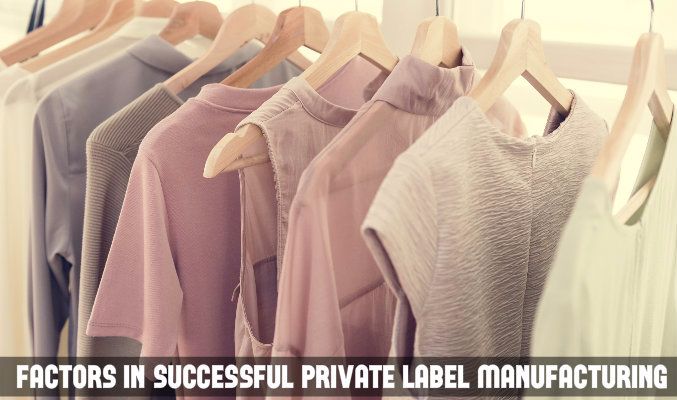Have Low Budget : You Can Still Open a Private Label Clothing Line
Private label was once an area of interest reserved for large retailers with infinite budgets. With recent shifts in the retail sales landscape, private label now makes more sense for smaller retailers and store owners.
The stigma behind ‘private’ label products is all self-indulgent. Design, sourcing, and manufacturing products that are customized for your clientele are easier than ever. These are just a few of the reasons that private label has risen since 2008 and continues to rise. Half of the merchandise sold in the market, carries their own private label tags.
Factors in successful private label manufacturing
Private label offers an unrivaled amount of creative control on a small scale. Can’t find the perfect shoe for your shop? Make it and brand it with your own label. There’s no reason your store shouldn’t be selling house brand footwear. Here’s a guide to private label success.
Private label are most appropriate for products that can be manufactured on a tight schedule while maintaining high quality standards. Private label wholesale clothing manufacturers must be able to assure their retail clients of reliable, on-time delivery.
In addition, they must be flexible enough to ramp up production quickly to meet increases in demand or to change the product’s formulation according to the retailer’s wishes. Retailers look for manufacturers, whether large or small, that are well-regarded in their fields. In a relatively young company, however, the owners’ own reputation can compensate for the firm’s short track record. So keep sourcing your clients.
Price is another important component of successful private label manufacturing. The price must compare favorably to competing name brands while also enabling both the manufacturer and the retailer to make money. In general, wholesale private label clothing sales provide high volume but tight margins, so price calculations are crucial. In addition, the retailer generally expect to see a profit margin on private label goods that is 8 to 10 percent higher than it receives with name brands. When calculating the final sales price for private label items, manufacturers must be sure to consider any costs that are incurred especially for the private label line. These may include tailoring the product to meet retailer specifications, or designing special packaging for each retailer.
The marketing program for private label goods consists of two parts: contracting with retailers to become their supplier for a certain product, and assisting the retailer in marketing that product to the final consumer. If a small business lacks expertise in dealing with retailers, it is possible to hire distributors or consultants who specialize in selling of wholesale private label clothing. It is particularly important to determine the amount of packaging that must be kept in stock, since extra packaging with a certain retailer’s label becomes useless if the deal falls through.













